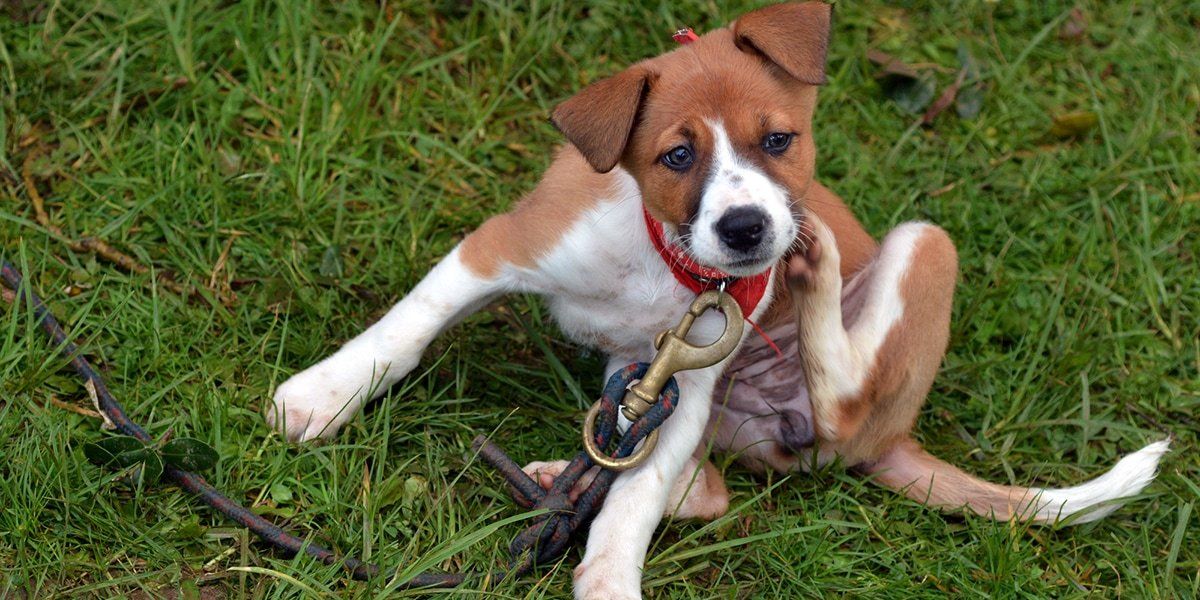How Do Fleas Get into Your Home?

Where Do Fleas Come From?
- Majority of the flea infestation occurs whenever an outdoor pet brings them from outside into your home
- Sometimes, if you bring an old furniture in your house, chances are that fleas are already hiding in the wood and it enters your house
- A guest visiting your house can have flea on his skin or clothing if their house was infested by fleas
- They also find their way inside through the window screens and cracks in the floor
- You bought something from a hardware store and it had fleas on it
How Long Do Fleas Live For?
How to Get Rid of Fleas?
Before you even try getting rid of fleas at home, your first step should be to check them on your pets. When you try parting your pet’s hair to check for fleas, they will usually run in the opposite direction.
Check for Fleas on Your Pets.
Here is how to check fleas on your pets:
- Buy a flea comb from the market
- Start with your pet’s head, near his ears
- Run the comb smoothly towards the back, especially in the spots where your pet scratches the most
- After running the comb, immediately dip it in a bowl containing a solution o some liquid dish soap mixed in water. This helps to kill them instantly
- Repeat the process several times
Checking for Fleas on You. Pets aren’t the only ones responsible for fleas. Humans can also be a source of flea infestation in the house. Because fleas have the ability to make high jumps, one of them might have already when you were in your backyard doing some gardening or playing with your friend’s pet. A good way to spot fleas in your home is to wear white knee-highs and walk around in your stocking on the carpet or around your house for a while. Fleas will jump onto your legs, and it will be easier to spot them on a white background.
Getting Rid of Fleas. Unlike bed bug infestation, dealing with fleas is pretty easy. Here are some ways to get rid of them:
- Wash or get rid of the bedding or blankets where you suspect fleas
- Vacuum often as it will spur more pupae to emerge from their cocoons and come in direct contact with the insecticides and other insect killer sprays that you apply onto that area. In fact, on one of our Nampa flea control treatments, vaccuuming alone seemed to do the trick. Keep the area clean is one aspect, but stirring them up is the other
- If you are using an insecticide spray, make sure that you apply it to every area where the fleas are found
- Keep yourself and your pets away from the room, surface or house that has been recently treated for fleas
- Keep the windows open during the day as it helps to create unfavorable conditions for the fleas to live. Most likely, they will die because of heat
At last we would say that getting rid of flea infestation at home is not an easy task to do, at least by yourself. It is time-consuming, requires some skills and isn’t 100% effective. You may be able to kill them but not control their future infestation. Best way is to contact a professional flea control service for help. At Averse Pest Control , not only do we promise to help you get rid of your flea problem at home but also guarantee the reliability of our results and any future infestation.
Quick Links
--
About Us
--
Averse Pest Control was started to give folks a smarter way to keep their homes and families protected from the pests in the Boise area; one that is safe, local, effective, fast, and service-oriented.
We're a small company, but we've gained a reputation for excellence. We'd love to earn your business!
